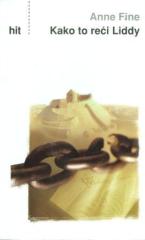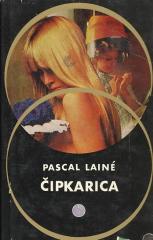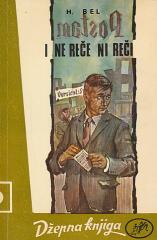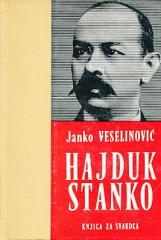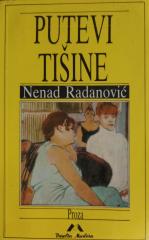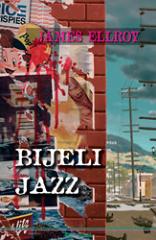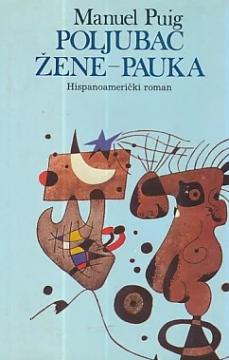
Poljubac žene-pauka
The book, banned in Argentina from 1976 to 1983 due to its political and social themes, is considered Puig's most successful work. It was adapted into a film in 1985, a musical, and a stage play.
The novel "Kiss of the Spider Woman" by Argentine writer Manuel Puig, first published in 1976 (Croatian edition 1985), is a provocative story of love, friendship, victimization, and fantasy, set in a prison cell in Buenos Aires. The plot follows two prisoners: Valentino Arregui, a 26-year-old political activist arrested for revolutionary activities, and Luis Molina, a 37-year-old homosexual convicted of seducing a minor. Despite their obvious differences, the two develop a deep emotional and physical bond.
Molina, a charming fan of popular culture, recounts the plots of five melodramatic films to Valentino to kill time, and these films serve not only as an escape from prison reality, but also as a means of characterizing the characters and exploring their inner conflicts. At the same time, Molina is tasked by the prison authorities to extract information about Valentino's illegal group in exchange for freedom, which introduces an element of tension and moral dilemma.
Puig uses an unconventional novel form, with almost no traditional narrator, relying on dialogue, cinematic retellings, and footnotes that discuss homosexuality and social norms. The novel explores themes of identity, sexuality, political resistance and the power of popular culture, questioning social and genre conventions in the spirit of postmodernism. His lively, spoken language and screenwriting approach make the work drinkable, but deeply layered.
One copy is available
- The cover is missing
